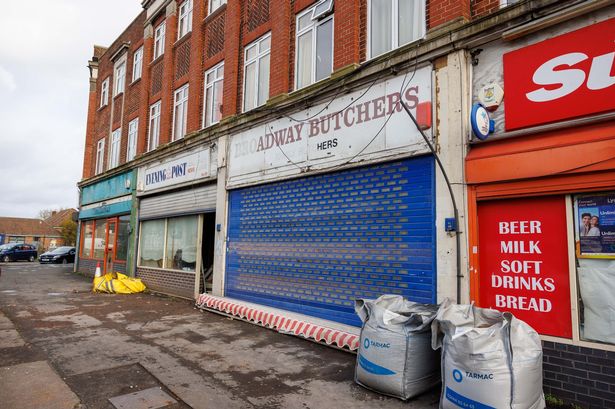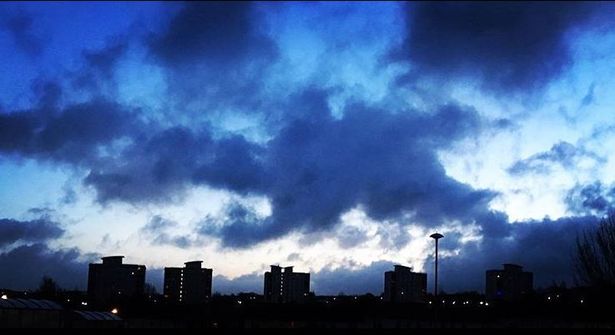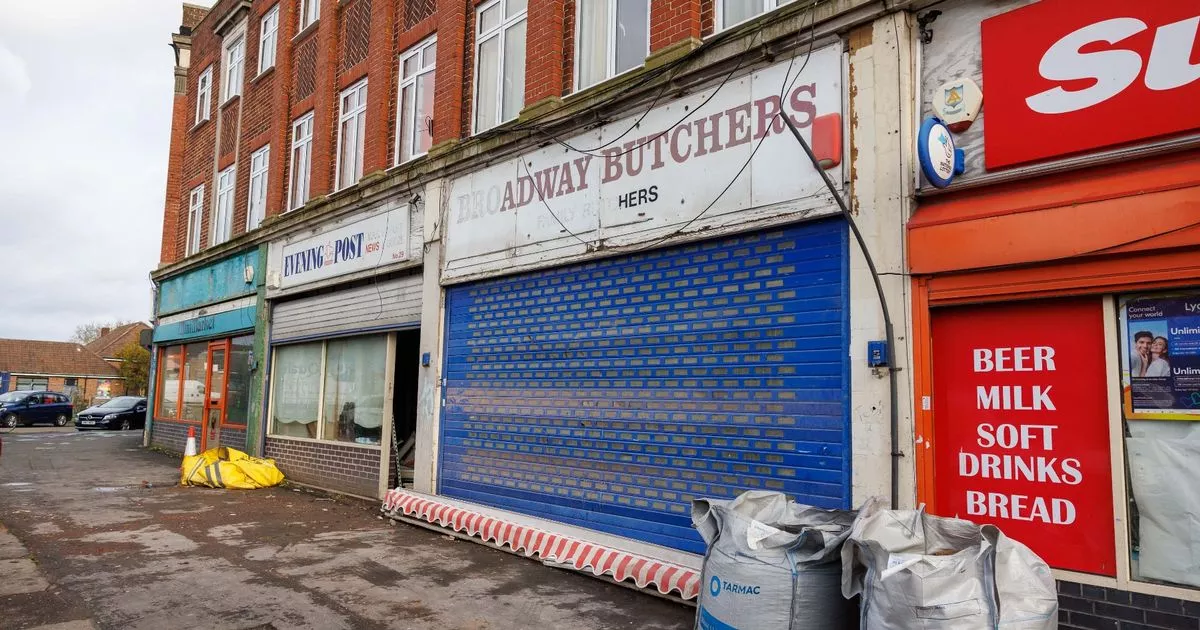A ‘startling’ new report reveals huge disparities depending on where you grow up Filwood Broadway, in the Bristol South constituency, received government funding in 2023 from the Levelling Up Fund(Image: PAUL GILLIS / Reach PLC)
Filwood Broadway, in the Bristol South constituency, received government funding in 2023 from the Levelling Up Fund(Image: PAUL GILLIS / Reach PLC)
Opportunities for working class young people are far more limited in two areas of Bristol than almost all the rest of the country, a shocking new study has found.
Young people who qualified for free school meals when they were children growing up in South Bristol and East Bristol go on to have among the lowest level of opportunities and prospects in the country, and end up more likely to be unemployed, in a low-paid job or without a degree qualification.
Meanwhile, young people who were on free school meals in London are far more likely to get to university and get good jobs, according to a huge new study by The Sutton Trust, which has revealed huge disparities in the way working class kids are disadvantaged by where they live as well as by their family’s circumstances.
The Sutton Trust report, called The Opportunity Index, looked at 25 years of data from more than ten million young people, providing what its authors said is ‘an unprecedented insight into the geography of opportunity and social mobility in England’.
It crunched the numbers on what happens to kids on free school meals in every area of the country, what grades they get at GCSE and A-Level, whether they get a job or go to university, whether they are in ‘sustained employment’ at the age of 28, and how much they are earning then.
It ranked the young people by which parliamentary constituency they are from, and it found a startling divide. The top ten areas with the highest scores were all in London, where young people on free school meals were far more likely to get good grades, a good job and a degree.
By contrast, the Bristol East constituency was the tenth lowest on the index, and Bristol South was sixth lowest.
The Bristol East constituency covers areas east of the city centre like Barton Hill, Easton and St Judes, but also around half of Bristol that is south of the river, including Broomhill, Stockwood, Brislington and Knowle.
The Bristol South constituency covers the rest of South Bristol, from Withywood and Hartcliffe to Knowle West and Bedminster.
The report found that just four per cent of young people on free school meals in Bristol South went on to obtain a degree by the age of 22 – compared to 41 per cent in inner city east London areas like Stratford and Bow.
READ MORE: Bristol University ‘proud’ of work with controversial Merchant Venturers’ schoolsREAD MORE: Why Bristol has one of the best unis but so few Bristolians go there
Just 53 per cent of 16-year-olds who had been on free school meals in Bristol East, and 59 per cent in Bristol South, left school and got a job or continued in education after Key Stage 4, while 83 per cent of school leavers in East Ham in London did.
“Opportunity is not evenly spread across the country,” said the reports authors at the Sutton Trust. “A young person’s socio-economic background – including the income level of their family, their parents’ educational qualifications, and their family’s wealth – all play a critical role in shaping their future.
 Clouds over Hartcliffe, Bristol
Clouds over Hartcliffe, Bristol
“But as well as variations between families and across socio-economic groups, Britain is also highly divided geographically. It is a country in which where you grew up can have as much, if not more impact, than your family’s individual socio-economic circumstances.
“In this report, we provide the most detailed ever look at the geography of opportunity and social mobility in England. We closely examine how socio-economic background, geography and opportunity interact, with data looking at both parliamentary constituency and regional level in England.
“From educational attainment, to opportunities in higher education and employment, the research compares the outcomes of young people across the country, with a particular focus on the chances of social mobility for young people from lower income homes,” they added.
READ MORE: Why the number of South Bristol school leavers going to university is falling againREAD MORE: South Bristol ‘being left behind’ as university take-up remains worst in the country
All of the top 20 constituencies which provide the best opportunities for low-income kids were in London, and only eight out of the top 50 were outside the capital.
Nick Harrison, the CEO of the Sutton Trust, said: “This research paints a startling picture of inequality of opportunity across England. The life chances of disadvantaged young people remain strongly tied to where they grow up.
“If the Government genuinely wants to break down barriers to opportunity, we need serious investment in education and economic opportunities in the ‘left behind’ parts of the UK. Failing to act is damaging the life changes of too many of the next generation,” he added.
An interactive map showing the data from each constituency is here.
